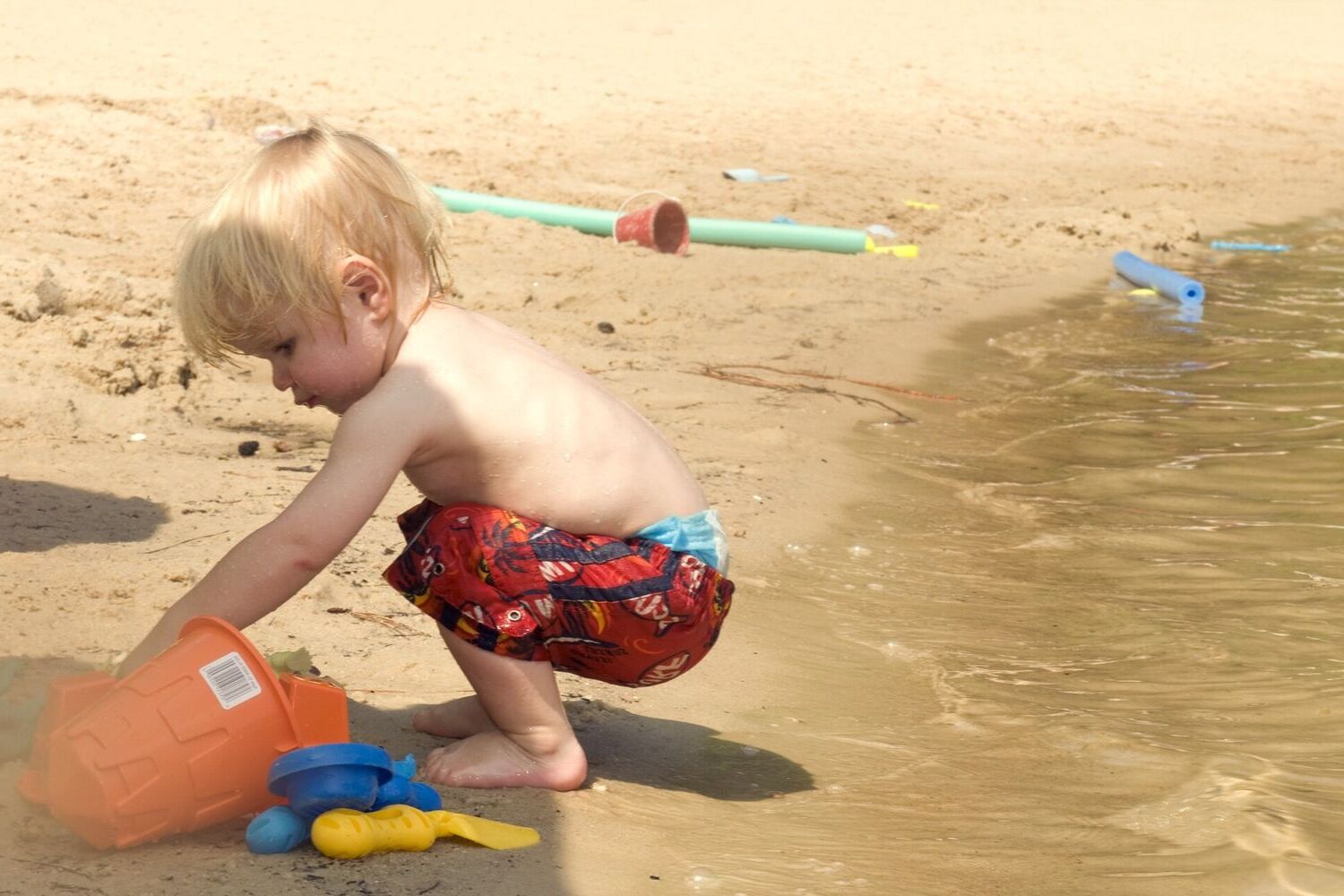
UV-sensitive syndrome is a rare genetic disorder that makes the skin extremely sensitive to ultraviolet (UV) rays from the sun. People with this condition often experience severe sunburns after only a few minutes of sun exposure. Symptoms can include blistering, redness, and peeling of the skin. Genetic mutations in specific genes are responsible for this heightened sensitivity. Diagnosis usually involves genetic testing and a detailed medical history. Treatment focuses on avoiding sun exposure and using protective measures like sunscreen and clothing. Understanding UV-sensitive syndrome is crucial for managing the condition and improving the quality of life for those affected.
Key Takeaways:
- UV-Sensitive Syndrome is a rare genetic disorder that makes people super sensitive to sunlight, causing severe sunburns and increasing the risk of skin cancer. It requires special clothing, sunscreen, and indoor activities to stay safe.
- People with UV-Sensitive Syndrome need to take extra care to avoid sunlight, including wearing protective clothing, using sunscreen, and getting regular check-ups to monitor their skin and eyes. Ongoing research is exploring new treatments and therapies for this condition.
What is UV-Sensitive Syndrome?
UV-Sensitive Syndrome (UVSS) is a rare genetic disorder that affects the skin's ability to repair damage caused by ultraviolet (UV) light. This condition can lead to severe skin problems and increased risk of skin cancer. Here are some fascinating facts about UV-Sensitive Syndrome.
-
Genetic Mutation: UVSS is caused by mutations in specific genes responsible for DNA repair. These genes include ERCC6 and ERCC8.
-
Photosensitivity: Individuals with UVSS are extremely sensitive to sunlight. Even brief exposure can cause severe sunburns and skin damage.
-
Skin Cancer Risk: Due to impaired DNA repair, people with UVSS have a higher risk of developing skin cancers, including melanoma.
-
Diagnosis: Diagnosis often involves genetic testing to identify mutations in the ERCC6 or ERCC8 genes.
-
Symptoms: Common symptoms include severe sunburns, freckling, and dry, scaly skin. Some individuals may also experience eye problems.
How UV-Sensitive Syndrome Affects Daily Life
Living with UVSS requires significant lifestyle adjustments to avoid UV exposure. Here are some ways it impacts daily activities.
-
Protective Clothing: Wearing long sleeves, hats, and UV-protective clothing is essential for those with UVSS.
-
Sunscreen Use: High-SPF sunscreen must be applied regularly to all exposed skin.
-
Indoor Activities: Many individuals with UVSS prefer indoor activities to minimize UV exposure.
-
Window Films: Special UV-blocking films can be applied to windows at home and in cars.
-
Nighttime Outings: Some people with UVSS choose to go out primarily at night to avoid sunlight.
Medical Management and Treatment
Managing UVSS involves regular medical care and monitoring. Here are some key aspects of treatment and management.
-
Regular Check-Ups: Frequent dermatological exams are necessary to monitor for skin changes and early signs of cancer.
-
Vitamin D Supplements: Limited sun exposure can lead to vitamin D deficiency, so supplements may be needed.
-
Eye Care: Regular eye exams are important to detect and manage any eye-related issues.
-
Skin Treatments: Topical treatments and medications can help manage skin symptoms and prevent damage.
-
Genetic Counseling: Families affected by UVSS may benefit from genetic counseling to understand the condition and its inheritance patterns.
Research and Future Directions
Ongoing research aims to better understand UVSS and develop new treatments. Here are some exciting developments in the field.
-
Gene Therapy: Researchers are exploring gene therapy as a potential treatment to correct the underlying genetic mutations.
-
New Medications: Studies are being conducted to find new drugs that can enhance DNA repair mechanisms.
-
Clinical Trials: Participation in clinical trials can provide access to cutting-edge treatments and therapies.
-
Awareness Campaigns: Increasing awareness about UVSS can lead to earlier diagnosis and better management.
-
Support Groups: Online and in-person support groups offer valuable resources and community for those affected by UVSS.
Final Thoughts on UV-Sensitive Syndrome
UV-Sensitive Syndrome, a rare genetic disorder, affects how the body repairs DNA damage caused by ultraviolet light. People with this condition must take extra precautions to avoid sun exposure. Symptoms include severe sunburns, freckling, and an increased risk of skin cancer. Early diagnosis and protective measures can help manage the condition and improve quality of life.
Understanding the genetic basis of UV-Sensitive Syndrome can lead to better treatments and support for those affected. Researchers continue to study this disorder to uncover more about its mechanisms and potential therapies.
If you or someone you know shows signs of UV-Sensitive Syndrome, consult a healthcare professional for proper diagnosis and guidance. Awareness and education about this condition can make a significant difference in the lives of those living with it. Stay informed, stay protected, and support ongoing research efforts.
Frequently Asked Questions
Was this page helpful?
Our commitment to delivering trustworthy and engaging content is at the heart of what we do. Each fact on our site is contributed by real users like you, bringing a wealth of diverse insights and information. To ensure the highest standards of accuracy and reliability, our dedicated editors meticulously review each submission. This process guarantees that the facts we share are not only fascinating but also credible. Trust in our commitment to quality and authenticity as you explore and learn with us.
